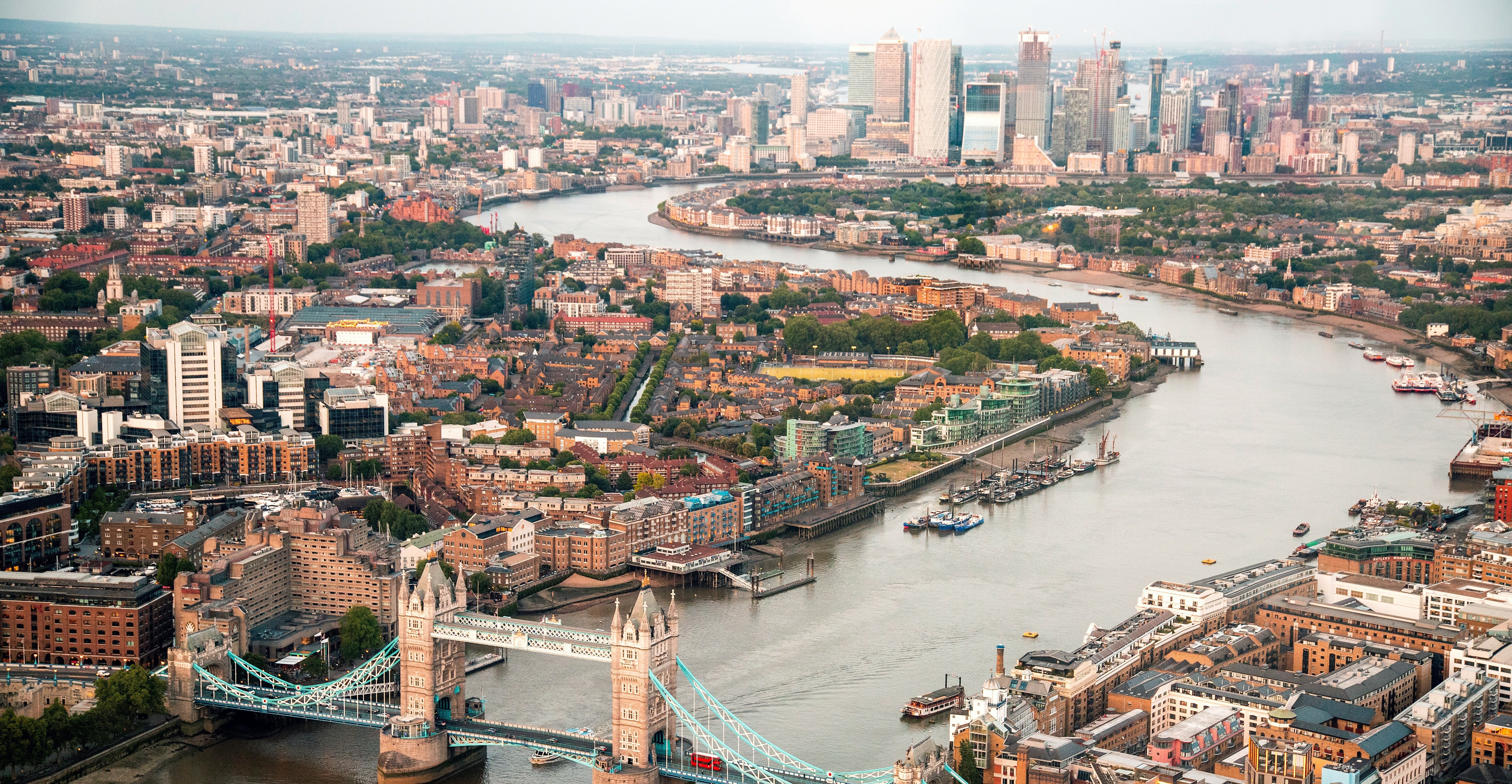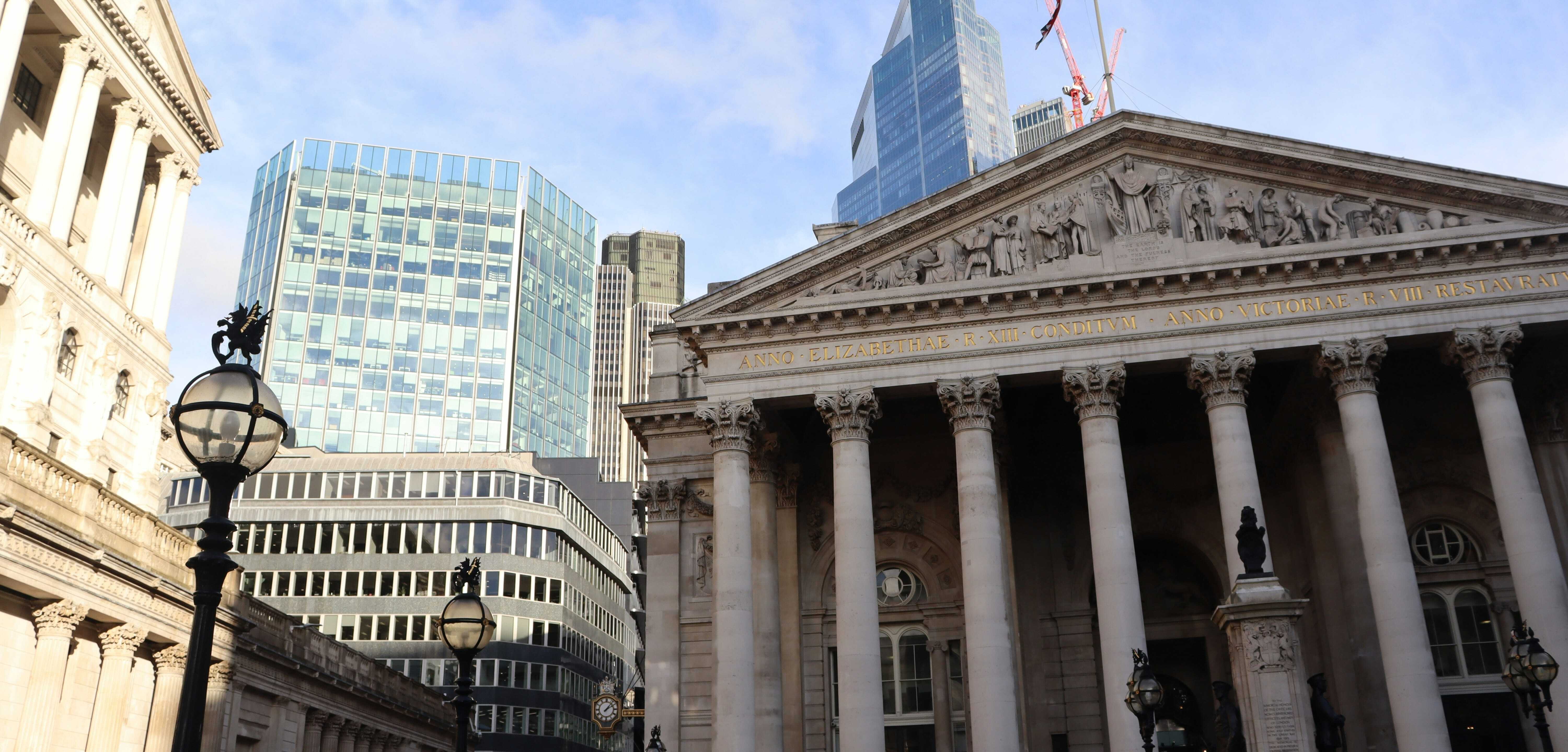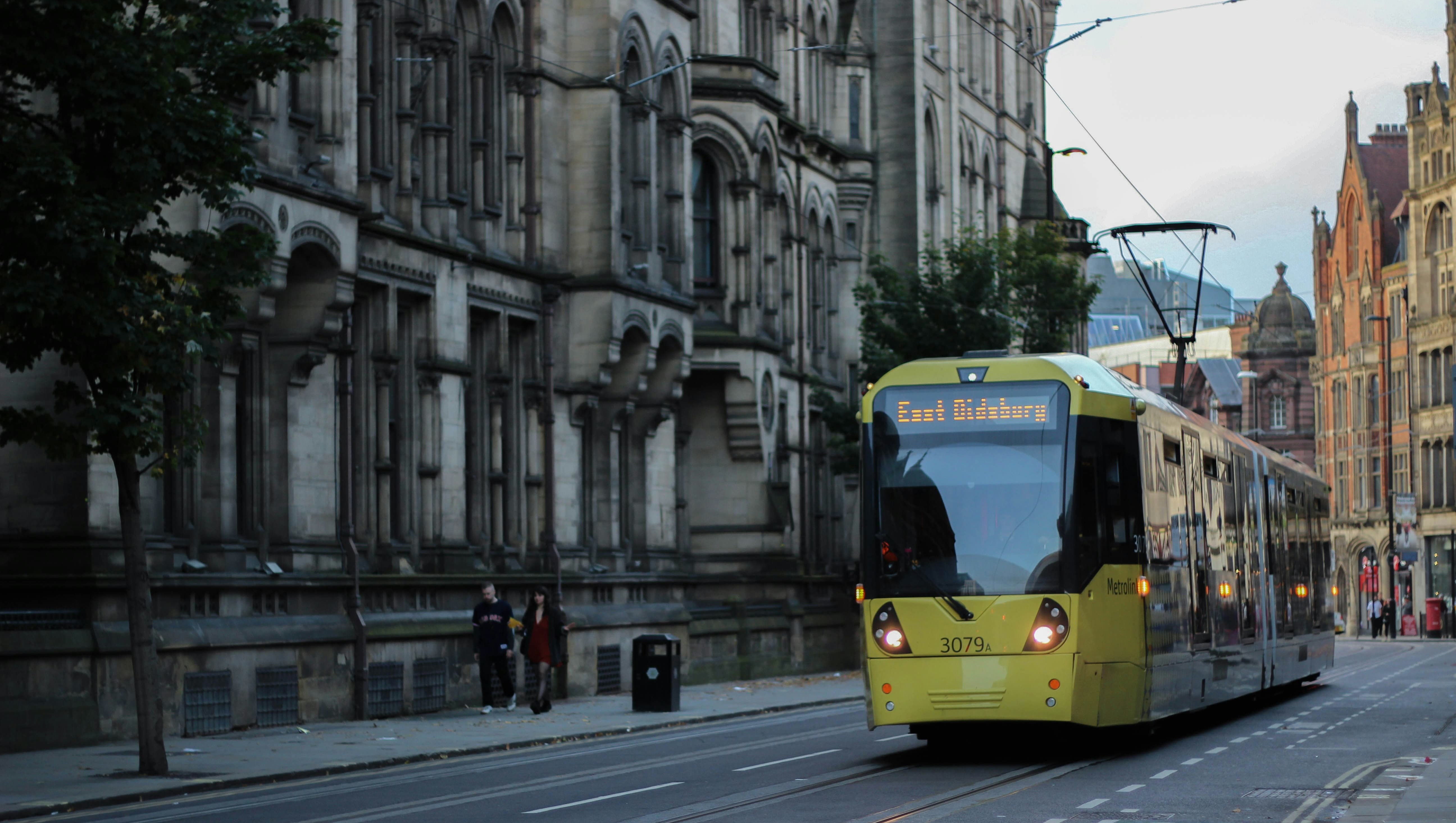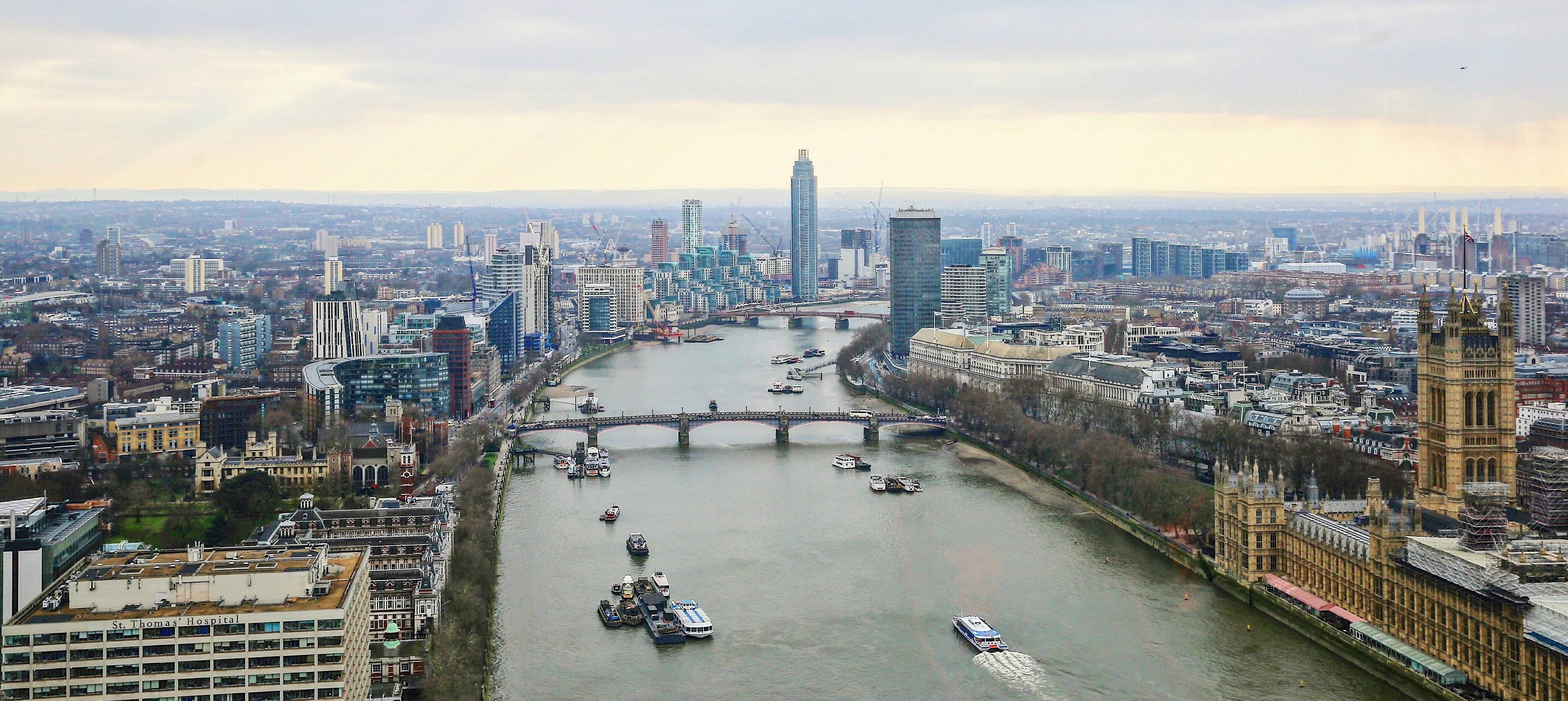
While property investments can offer solid returns, the timeline to profitability varies widely based on several key factors. In this post, we’ll explore how you can assess when your property will start delivering a return on investment (ROI), and what steps you can take to accelerate this process.
Understanding the Components of Property Profit
To figure out when your property will become profitable, it's important to first break down what we mean by "profit" in the property investment context. There are two main forms of profit in property:
-
Rental Income Profit: This is the monthly or annual surplus after you’ve paid for all the associated expenses, such as mortgage payments, maintenance costs, property management fees, and taxes.
-
Capital Appreciation Profit: This refers to the increase in your property’s value over time. You realize this profit when you sell the property for more than what you originally paid.
Both play a key role in your overall return on investment, but they may become profitable at different times.
Rental Income: When Will I Start Seeing Profit?
To determine when your rental property will turn a profit, you need to calculate the cash flow—essentially, your rental income minus your expenses. Here's how to break it down:
-
Rental Income: How much rent are your tenants paying you each month? This is the starting point of your calculations.
-
Ongoing Expenses: These include:
- Mortgage payments (if financed)
- Property management fees (if you use a letting agent)
- Maintenance costs
- Insurance
- Council tax (if applicable)
- Void periods (times when your property is vacant and not generating rent)
- Landlord taxes (e.g., income tax on rental earnings)
-
Positive Cash Flow: You’re turning a profit on your rental income when your rent exceeds your ongoing expenses. For example, if your rental income is £1,200 per month, but your expenses total £1,000 per month, you have a monthly profit (or positive cash flow) of £200. Over the course of a year, that’s £2,400 in profit.
But that’s just the start of the calculation. Let’s talk about how long it will take for you to recoup your initial investment.
Recouping Your Initial Investment
To calculate when your property will start generating a total profit (not just on cash flow), you need to factor in the upfront costs of buying the property. These include:
- Deposit: Typically 20-25% of the purchase price if you have a buy-to-let mortgage.
- Stamp Duty: Tax on property purchases, which varies depending on the value of the property.
- Legal and Survey Fees: Costs associated with property purchase transactions and inspections.
- Renovation Costs: Any initial work needed to make the property rentable.
Once you’ve accounted for these costs, you can estimate how long it will take for your net rental income to cover them. For example, if your initial investment totals £50,000, and you’re making £2,400 per year in positive cash flow, it will take approximately 20 years just to break even on your initial outlay.
Capital Growth: The Long-Term Profit Driver
While rental income can bring short-term profits, capital appreciation (the increase in the value of the property over time) often delivers the bigger pay-off. Property values in the UK have historically risen over the long term, though growth can vary based on location, economic conditions, and market demand.
The average UK house price has increased by 5-6% annually over the last several decades, although this is subject to fluctuations. If your property increases in value by 5% each year, a property purchased for £200,000 could be worth £255,000 after 5 years. If you sell at that point, you’ll pocket the £55,000 difference—minus any selling costs such as estate agent fees and capital gains tax.
However, capital growth isn’t a guarantee, and market conditions can affect whether you see significant gains in the short term. The key is to think of property investment as a long-term strategy where capital appreciation typically becomes more lucrative the longer you hold onto the property.
Factors That Influence Profitability
Several factors can influence when your property will start to turn a profit:
-
Location: Properties in high-demand areas like London, Manchester, or other major cities tend to see faster capital growth and higher rental demand, which can shorten your timeline to profitability.
-
Interest Rates: If you have a mortgage, your monthly costs are heavily influenced by interest rates. Higher rates can reduce your profit margins, while lower rates can accelerate profitability.
-
Property Type: Different property types (e.g., flats vs. houses, new builds vs. older homes) have different yields and maintenance costs, which will affect when they become profitable.
-
Management Costs: If you’re using a property management service or letting agent, their fees will eat into your rental profits. Self-managing a property can reduce costs, but may require more of your time and effort.
-
Occupancy Rates: Void periods can significantly impact profitability. A property with high occupancy rates (where it’s rented consistently) will become profitable faster than one that sits empty for long stretches between tenants.
Tips to Maximise Profit and Shorten the Timeline
If you’re eager to start seeing returns from your property investment sooner rather than later, consider these strategies:
-
Increase Rent Gradually: Ensure your rent is competitive with market rates and review it regularly to keep pace with local demand.
-
Reduce Expenses: Reassess your ongoing costs, from property management fees to maintenance. Are there areas where you can cut costs without sacrificing quality or tenant satisfaction?
-
Invest in High-Growth Areas: Look for properties in up-and-coming areas where property values are expected to rise, but where prices are still affordable.
-
Renovate Smartly: If your property needs improvements, focus on upgrades that will increase the value of the property and justify higher rental income, such as modern kitchens or bathrooms.
-
Refinance at a Lower Rate: Keep an eye on mortgage interest rates and consider remortgaging if you can secure a lower rate. Lower mortgage payments can significantly boost your cash flow.
-
Leverage Tax Relief: Take advantage of any tax relief available to landlords, such as capital allowances for furnished properties or the government’s replacement of the wear and tear allowance with the new relief system for replacing furnishings.
Conclusion: Profit is a Long-Term Goal
So, when will your property start to turn a profit? The answer depends on several factors, but typically, property investments begin to show a positive cash flow within the first few years, especially with careful financial planning. However, for many investors, the real profits come in the long term through capital appreciation.
GetGround
GetGround
Discover our recent property investing articles:
The Impact of Interest Rate Drops on UK Property Investors
On February 6th, 2025, the Bank of England announced a reduction in its base interest rate from 4.75% to 4.50%. Although an expected announcement, ...
Best Investment Property Locations in 2025: UK Regional Hotspots
The UK property market is becoming increasingly regionalised, with significant differences in growth potential, rental yields, and demand across the ...
How Economic Factors Can Impact UK Landlords
Even with the recent volatility of the UK economic market, the UK property market has remained resilient with homeowners and property investors still ...


